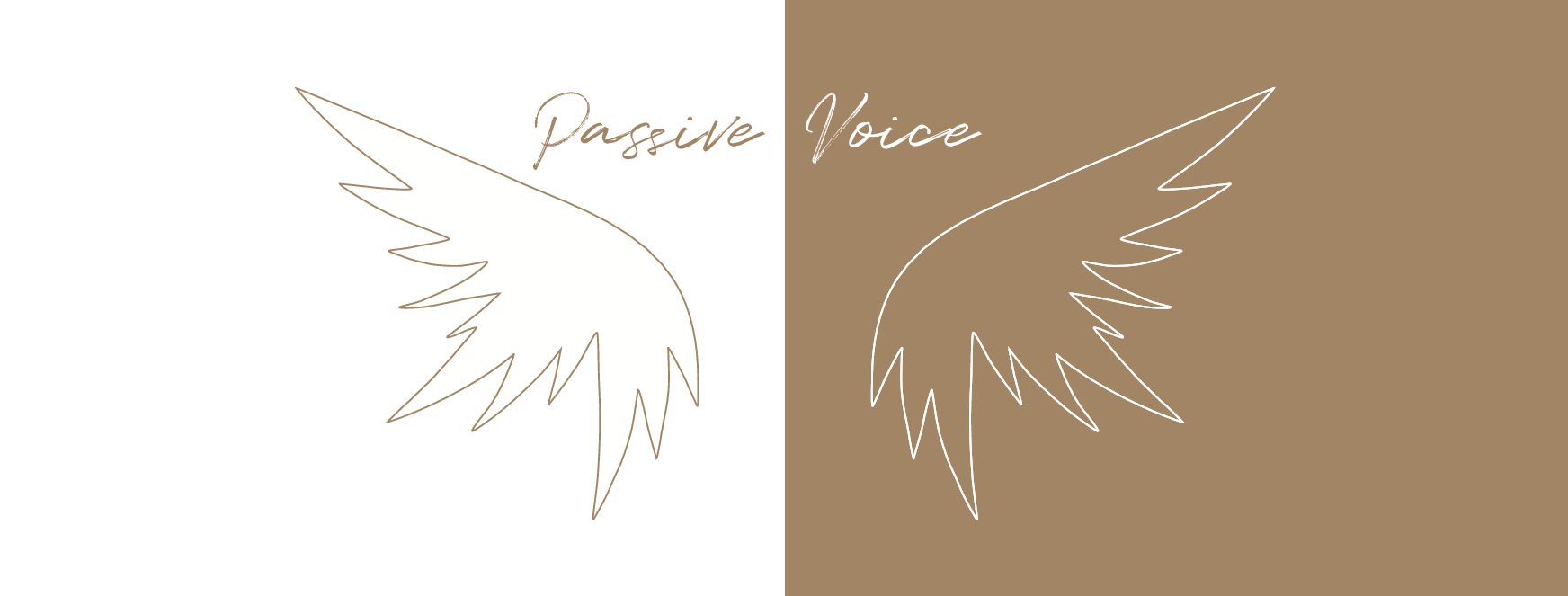Let’s face it, us, scientists, are passionate about our job. We are usually delighted about carrying out our scientific tasks (experiments, simulations, reviews, etc.). But when it comes to writing our findings, the motivation goes down. We rarely feel we’re ready to write and we rarely feel in the mood to write… the consequence: when we sit down and are supposed to write, we rather start doing other things, we procrastinate. And of course procrastination comes guilt and frustration. Until the deadline dangerously approaches: then, in the last minute, creativity pops up. Well, let us break it for you: that’s not really last minute creativity, that’s stress and adrenaline doing their job.
In our Road to Bootcamp series of posts, we’ve already covered how starting writing your work early enough will let you fully benefit from the ‘magic’ of the writing process; therefore, reducing procrastination. In this post, we’ll focus on how creativity can be boosted—even when you’re convinced that you’re not in the mood to write.
Continue reading “Not in the mood to write? Why you should still show up, even if the muse doesn’t”





